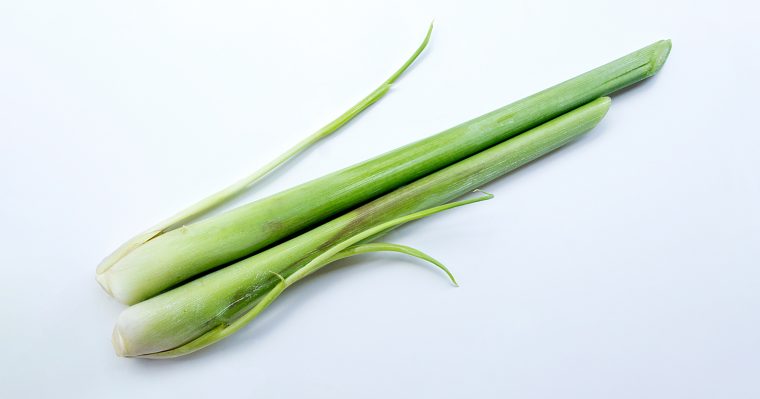Lemongrass is deemed as a magical herb and not just in figurative terms. It is the primary ingredient of van van oil, which is a popular oil in conjure—an act of calling a supernatural entity. It is also used on its own in hoodoo for protection against evil, bringing good luck in love affairs and spiritual cleansing of the house.
What is lemongrass?
The herb is believed to repel serpents and dragons. People burn it, use it as a tea, bathe in it, and carry this herb for growth, strength, lust, purification, and fidelity. Other mythological uses of lemongrass include solving problems, cleansing, and healing.
Essentially, lemongrass—scientifically known as Cymbopogon citratus—is an herb commonly used in tropical countries, especially Southeast Asia. It is a genus of 55 species indigenous in semi-tropical and tropical regions of Asia. Also known as barbed wire grass, Cochin grass, or Malabar grass, lemongrass is generally cultivated as medicinal and culinary herbs. Its scent resembles that of lemon due to which it is used for flavoring as well. The herb offers many health benefits. Its leaves and oil are used to make medicine.
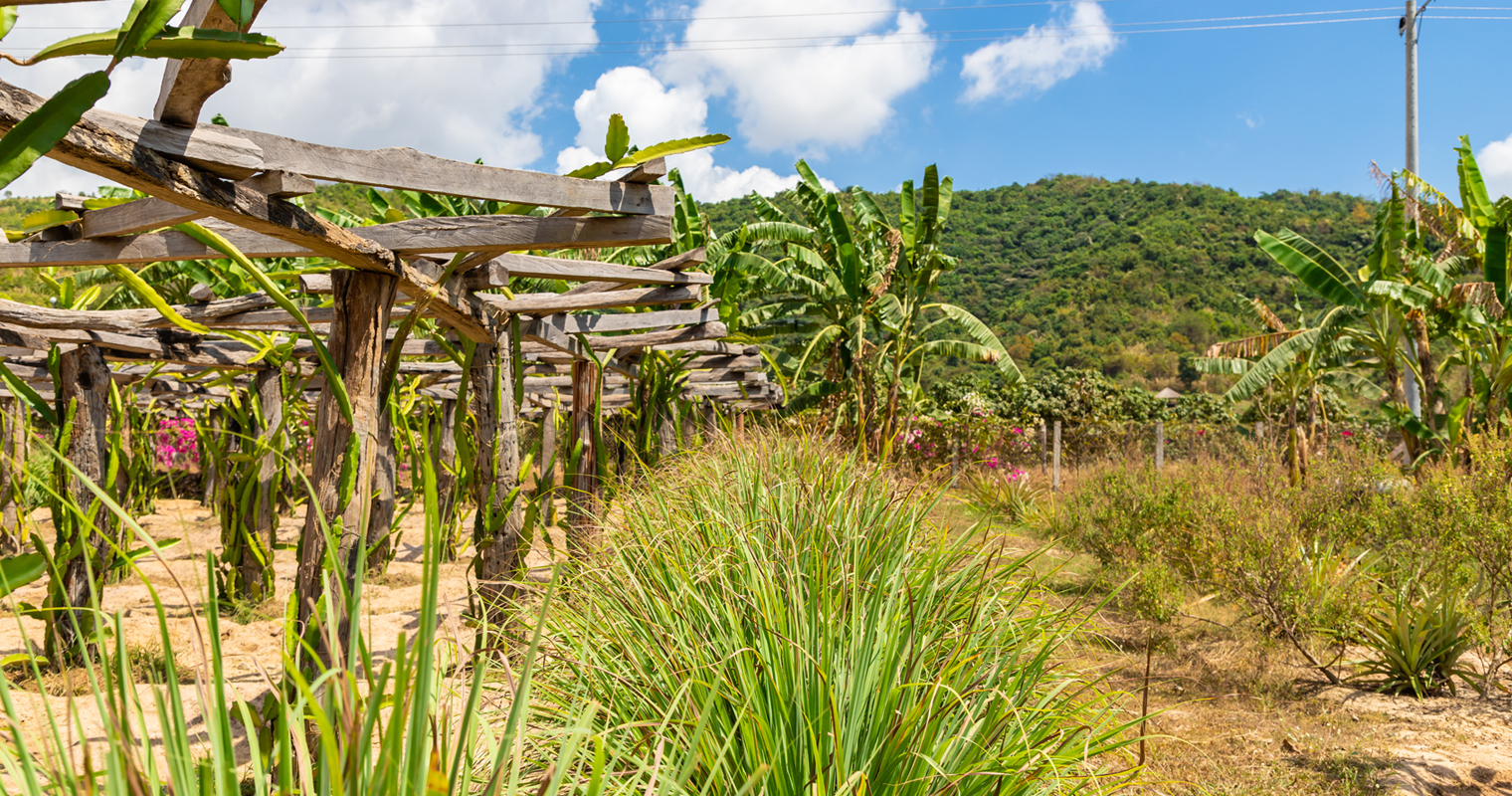
Lemongrass is made of components that can reduce fever, relieve pain, alleviate swelling, improve levels of cholesterol and sugar, and have antioxidant and antifungal properties.
Chemical composition of lemongrass
Lemongrass comprises terpenes, ketones, alcohols, aldehyde, and esters. Terpenes have antioxidant properties and are suitable for skincare. They are perfect for cleansing. These hydrocarbons protect cells while promoting normal cell growth. These compounds also tend to improve mood and cognitive health. Another interesting contribution is their ability to repel insects.
Ester is a sweet-smelling compound and is responsible for the pleasant smell of lemongrass oil. It has anti-inflammatory and antifungal properties and manifests sedative activities. Alcohol present in lemongrass is known for antimicrobial, antiseptic, anesthetic, tonifying, and anti-inflammatory properties.
Lemongrass also contain aldehydes that have antiviral, tonic, antimicrobial, hypotensive, calming, sedative, and spasmolytic properties while ketones are antimicrobial, cell-regenerating, antiviral, analgesic, neurotoxic, and digestive.

Some of lemongrass’ phytoconstituents contain Citral α and β, Citrolnellal, Nerol Geraniol, Geranyl acetate, Terpinol Methylheptenone, Terpinolene, and Myrcene. Other components include flavonoids and phenolic compounds comprising isoorientin 2′-O-rhamnoside, luteolin, kaempferol, quercetin, and apigenin.
Different forms of lemongrass (lemongrass tea and lemongrass oil)
Lemongrass has a distinct aroma and flavor, which is why it is used in Asian cooking as an herb. It is consumed in other forms too, like tea and oil. Both forms of lemongrass offer a lot of health benefits.
Lemongrass tea is prepared by steeping the stalks in boiling water. It helps reduce inflammation by fighting against free radicals, as it contains the anti-inflammatory compounds like isoorientin, chlorogenic acid, and swertiajaponin. It is known to relieve anxiety and elevate mood. It can also reduce headaches, improve digestion, and reduce cholesterol levels.
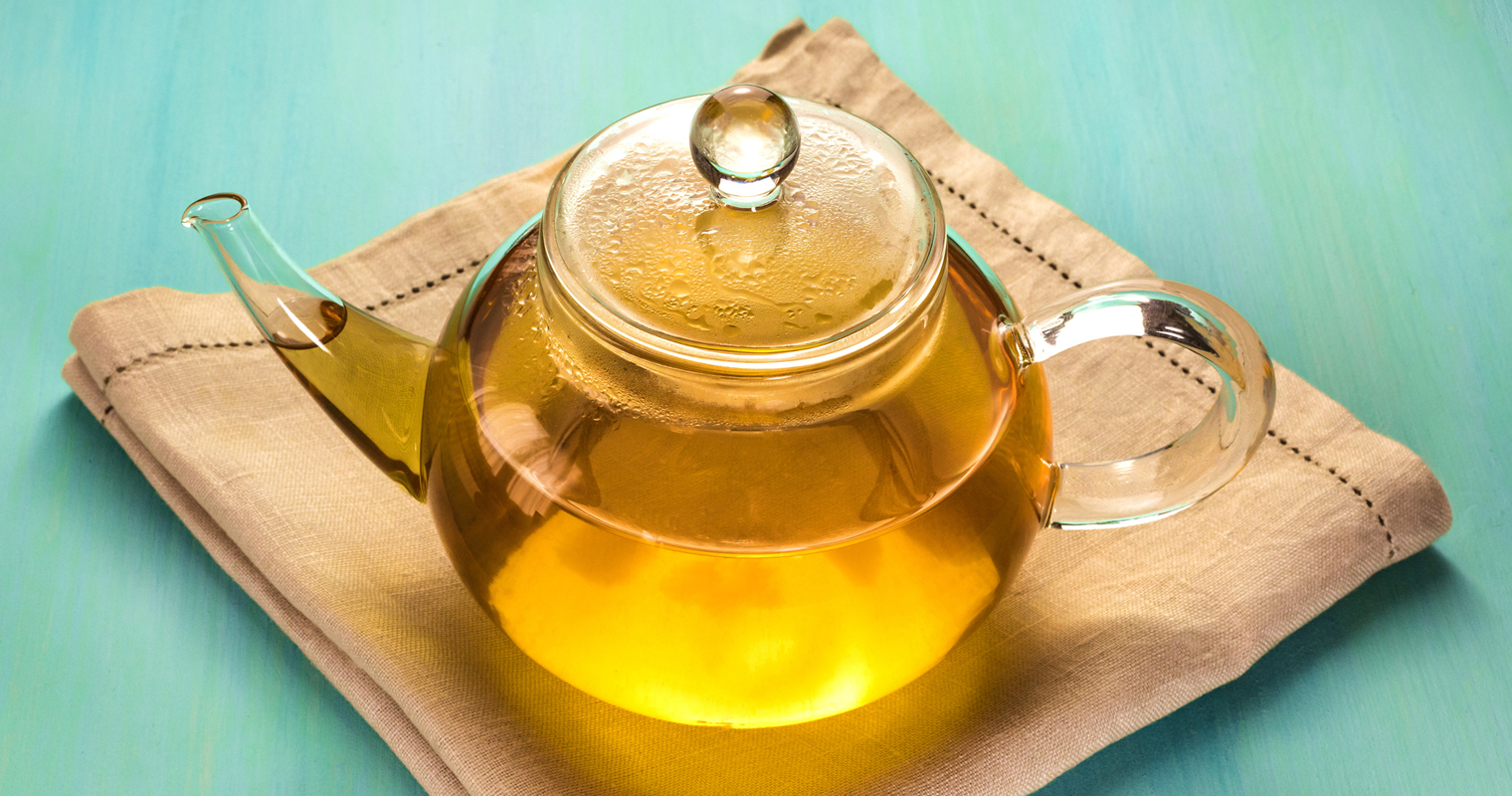
Whereas, lemongrass oil is the plant’s essential oil and used in cooking, aromatherapy, Ayurveda, and in the cosmetic and perfume industries. Its color ranges from bright or pale yellow to dark yellow or amber. It has a thin consistency with a lemon-like scent.
Lemongrass oil is used in culinary flavoring. It is used in most of the major categories of food, including alcoholic and non-alcoholic beverages, frozen dairy desserts, candy baked foods, gelatines and puddings, meat and meat products, and fats and oils.
Lemongrass oil extraction
Lemongrass oil is majorly extracted by steam distillation of the plant. The grass is dried before distillation as it helps reduce the loss of oil. Moreover, the oil’s solubility decreases rapidly on aging during distillation from the dried grass. So, drying grass before distillation is a widely-adopted procedure. Overall, there are three distillation methods for the extraction of lemongrass oil, i.e., hydrodistillation, hydro and steam distillation, and steam distillation.
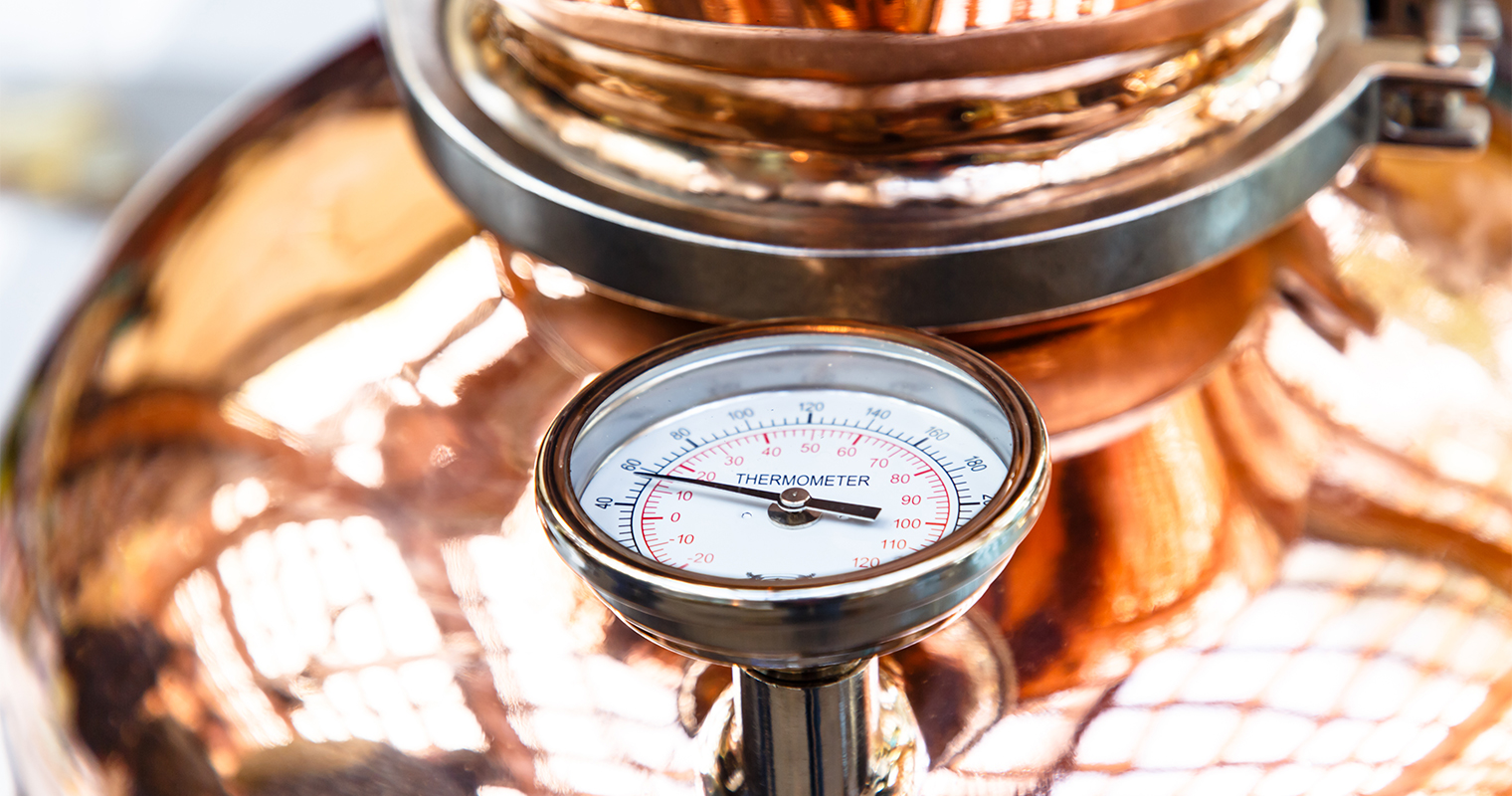
In hydrodistillation method, the plant material is dried so that it is not damaged by boiling. Whereas, in hydro and steam distillation, the plant can be fresh or dried and is damaged by boiling, but the steam is at low pressure due to which the process is cooler than other distillation methods. The third method is steam distillation, which is conducted without adding water to the still. Saturated or superheated steam is passed through open or perforated coils in this method. The resultant products include a separate layer of oil and water.
Health benefits of lemongrass
Lemongrass has a lot of health benefits. Mentioned below is a detailed list.
1. Anti-inflammatory
Lemongrass has anti-inflammatory properties. It can offer relief for many health problems because of its anti-inflammatory role. Inflammation is a cause of the most common health issues across the globe; it is a major contributor to mortality among people. Inflammation is also linked with other health issues like cardiovascular rheumatoid, cancer, neurodegenerative disorders, and diabetes.
Lemongrass can help with inflammation because it contains citral, polyphenol, and solvent extracts. Several studies have shown that these components exhibit strong anti-inflammatory activities. Moreover, the aqueous extracts of lemongrass leaves have also been proven to have anti-inflammatory properties.
2. Antioxidant role
Oxidation is a basic process that results in the formation of reactive oxygen species (ROSs) like superoxide anion (O2-), hydrogen peroxide (H2O2), and free radicals. ROSs harm biochemical components like cellular lipids, cell membranes, proteins, and DNA. Research has shown that lemongrass has antioxidant properties and can reduce ROSs.

By fighting oxidative stress and free radicals in the body, antioxidants can help reduce the risk of several diseases as well as signs of aging. A 2015 study indicates that lemongrass exudes strong antioxidant activities and effectively scavenges free radicals.
3. Antifungal properties
Researchers agree that lemongrass oil exhibits antifungal activities. It inhibits the growth of fungus cells, which is why it is used in ointments and applied separately as well.
4. Antibacterial effects
Lemongrass is known to fight bacteria. According to a study, lemongrass extract can effectively inhibit and kill off strains of Acinetobacter baumannii bacteria. This drug-resistant bacterium is responsible for blood infections and pneumonia. Another study shows that certain lemongrass extracts can hinder the growth of bacteria responsible for gum disease.
5. Relief from nausea and digestive issues
Lemongrass is a folk remedy for many digestive problems, from a gastric ulcer to stomach pain. Recent research also indicates that lemongrass can help prevent or relieve digestive issues. A 2012 study on mice showed that lemongrass extract can help prevent gastric ulcers.

Lemongrass can also relieve nausea, which is why it is a commonly used ingredient in herbal tea and supplements for nausea. Many herbal products use dried lemongrass leaves for aromatherapy, while lemongrass essential oil also offers similar benefits.
Lemongrass also helps treat diarrhea. In fact, it is used as a natural remedy for diarrhea in many households. A 2006 study also shows that lemongrass can help slow diarrhea.
6. Reduction in cholesterol levels
Lemongrass has been used traditionally for treating high cholesterol and heart disease. Modern research also supports the belief that this herb can help with cholesterol. A 2007 study on rats shows that lemongrass oil reduces cholesterol. Notably, high cholesterol levels can increase the risk of heart attack and stroke. Hence, keeping a check on one’s cholesterol levels is crucial.
7. Control blood sugar levels
Lemongrass is believed to help reduce blood sugar in people having type 2 diabetes. A study on rats shows that lemongrass oil can help lowers the blood sugar levels and also changes the lipid parameters while increasing the ‘good cholesterol’ levels, i.e., high-density lipoproteins (HDL).
8. Pain killer
Lemongrass acts as a natural pain reliever. Its component, citral, helps ease pain and relieves inflammation. That is why both lemongrass tea and oil are used to treat different kinds of pain, be it menstrual cramps or arthritis. According to a study, applying lemongrass oil on the affected area can relieve pain in people with rheumatoid arthritis.

9. Alleviates stress and anxiety
Multiple studies have shown that aromatherapy reduces stress and anxiety. It becomes even more effective when combined with massage. Lemongrass tends to have a soothing effect on one’s mood. When used in massage and aromatherapy, lemongrass oil supplements the results of these therapies. The oil even has a positive impact on the stress-related high diastolic blood pressure.

10. Helps with migraine
Lemongrass is known to relieve headaches, including migraines. The researchers in Australia found that eugenol found in lemongrass holds the same benefits as that of aspirin. Eugenol also releases serotonin—a hormone that deals with sleep, mood, appetite, and cognitive functions; and that’s why lemongrass tea and oil are used in natural remedies as well as Ayurveda to deal with headaches and insomnia.
Lemongrass for skincare
Lemongrass also holds many benefits for the skin because of its antioxidant, antifungal, and antibacterial properties. It has some amazing antiseptic properties that make it a natural astringent. Its other benefits include:
1. Healing properties
Lemongrass has skin healing properties. One study tested the effects of a lemongrass infusion on animal skin and found that the plant can be used to soothe skin irritations. On note, the infusion was prepared by adding boiled water over the dried herb’s leaves.
Lemongrass oil is also known to alleviate several skin conditions. Moreover, it effectively fights with several drug-resistant bacteria responsible for causing skin infections.
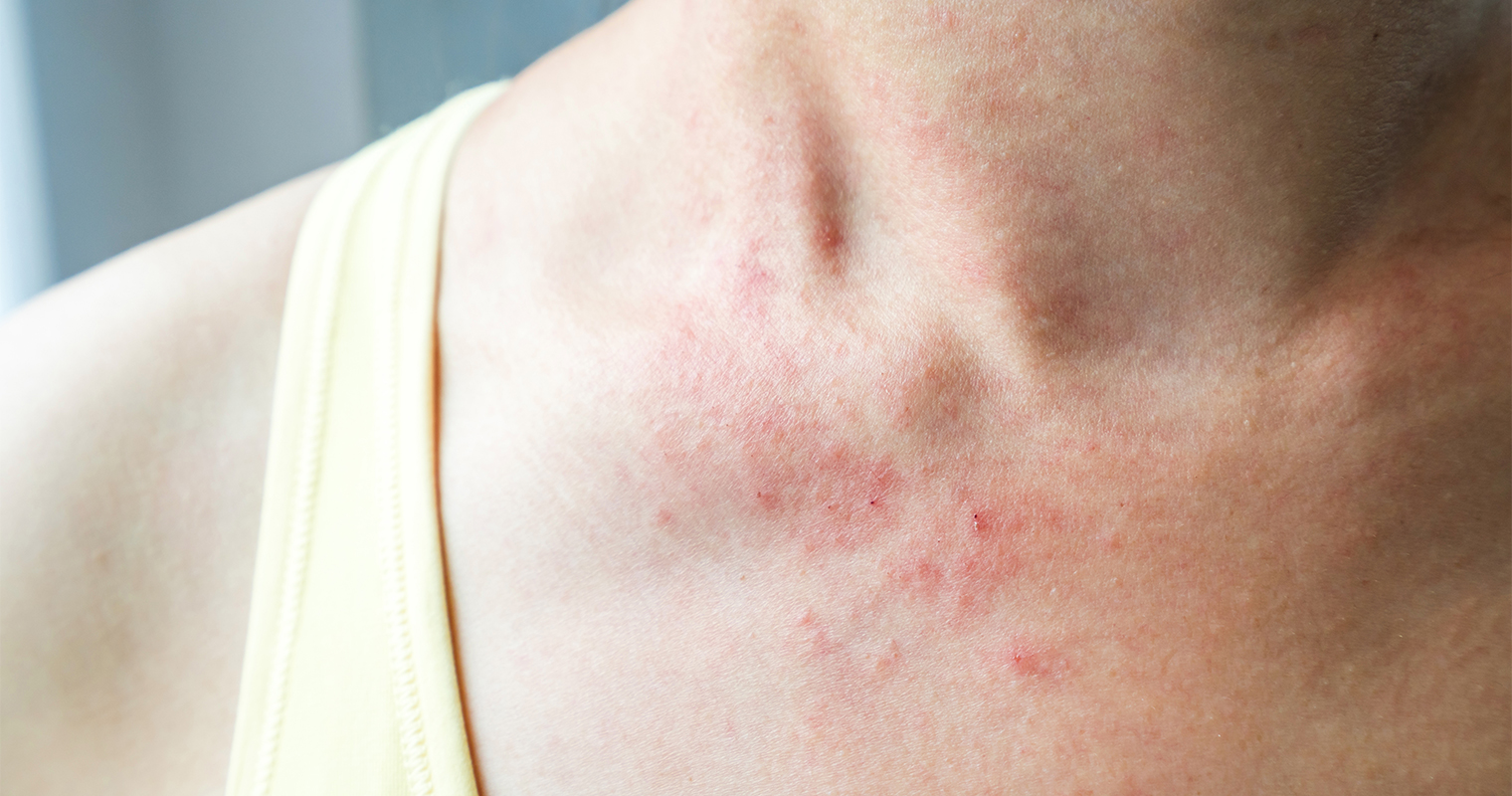
2. Cleansing agent
Lemongrass is used as an ingredient in facial cleansers because of its antibacterial and antifungal properties. It firms up the skin and minimizes pores. It makes a good skin toner, as it thoroughly cleans out pores. By cleaning out the pores, the herb also reduces the chances of an acne breakout. It also eliminates the odor-causing bacteria, thus replacing bad smells with a fresh, lemony scent.
3. Anti-acne
Because of its antibacterial properties, lemongrass also helps prevent and reduce acne. The skin gets acne when oil starts building up in the skin cells and clogs a pore. The oil in this clogged pore begins nurturing bacteria on your skin called Propionibacterium acnes. Lemongrass has the tendency to eliminate the bacteria along with cleaning out the residual oil from the skin cells.
Lemongrass as an insect repellent
A large number of plant essential oils are used as arthropod repellents. One of the most widely studied and used essential oils for repelling insects is of Cymbopogon – the scientific name for lemongrass. Due to its role as an insect repellent, lemongrass has been in use extensively in the jungle regions like Amazon. Whether indoor or outdoor, insect repellents are an excellent way to repel insects, prevent insect bites, and stay safe from insect-borne diseases, which affect more than 700 million people each year. Research shows that lemongrass is a pure and safe insect repellent. It is highly useful as an insect repellant because of its scent and antimicrobial effects.
In a research study, extracts and essential oil from lemongrass repelled insects and were effective for at least 2 hours. Although two hours might seem less, but the non-toxic nature of lemon grass makes it worth the repeated uses. Another study found that lemongrass oil is effective against storage pests and has fungicidal properties against both plant and human pathogens. Another study demonstrated that a candy treated with lemongrass when placed in open had no ants attracted to it, whereas the candy that was not created with lemongrass had ants approaching it when it was placed in the open environment.
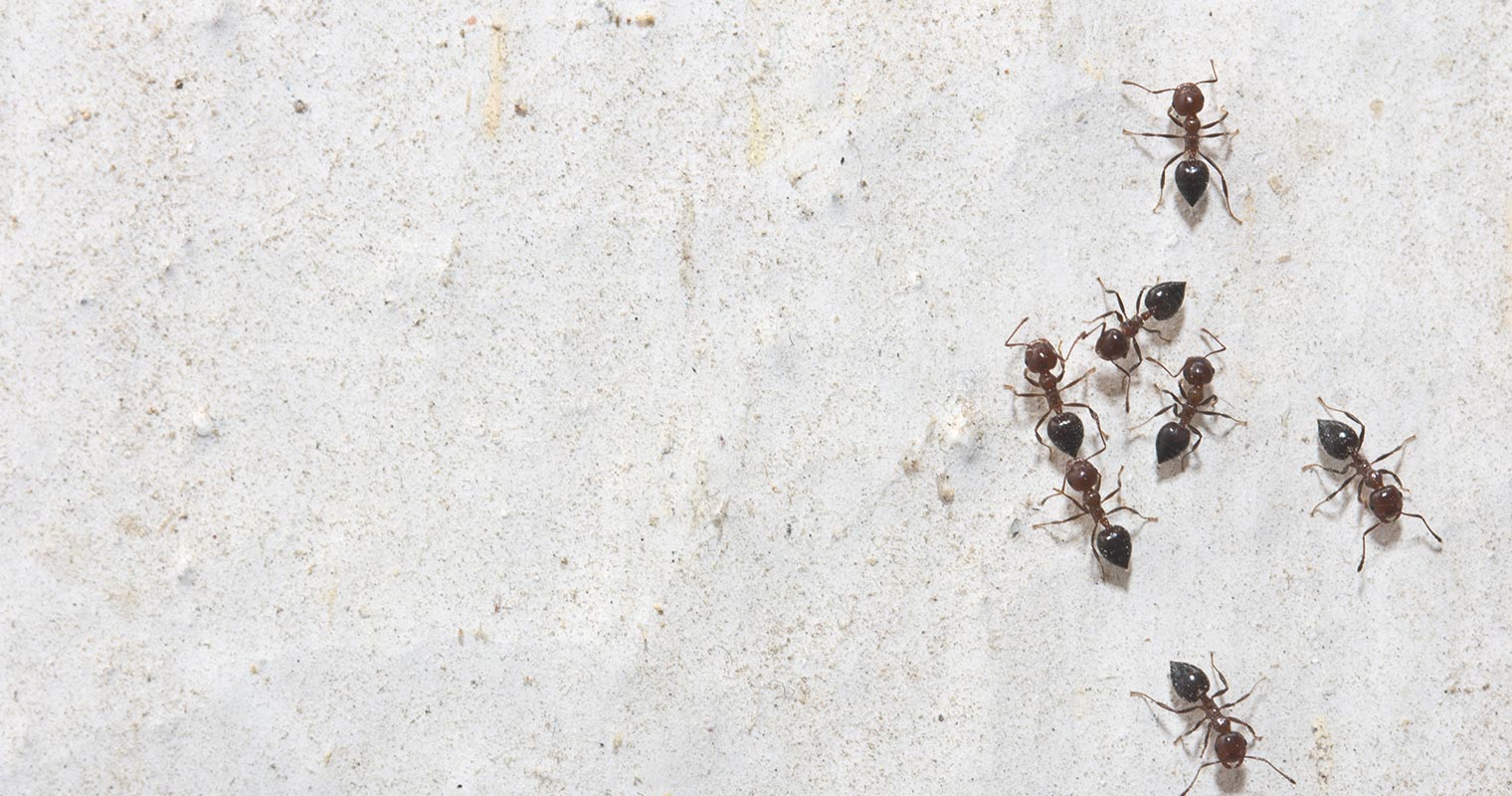
The important constituents in the lemongrass that repel insects are:
- Citral
- Citronella
Citral is toxic to the nervous system of insects and its strong smell and antimicrobial properties prevent insects from coming near citral containing items. Whereas citronella oil is a renowned insect-repellent that has been in use since 1948. It either directly kills or inactivates the insects, especially mosquitoes. These two constituents are the reasons several natural and organic insect repellents contain lemongrass or its oil as an ingredient.
Lemongrass use in food
Lemongrass is consumed in the form of tea and as a flavoring in sodas and baked goods. It is added as a syrup in fruit salads by adding lemongrass in hot water and sugar. The herb is also used in several households to make homemade soda by combining it with seltzer.
Lemongrass is a commonly used flavoring agent for noodles, seafood dishes, meat, and chicken in South Asia and Southeast Asia. It is also added to the spice pastes in Thailand and Indonesia. This herb is responsible for the unique lemony tang of the Sri Lankan, Vietnamese, Malaysian, and Thai dishes. It is widely used in the countries located on the rim of the Indian Ocean, where the seafood is a staple food. Use of lemongrass in these foods is popular because it cuts down on the fishy odor.
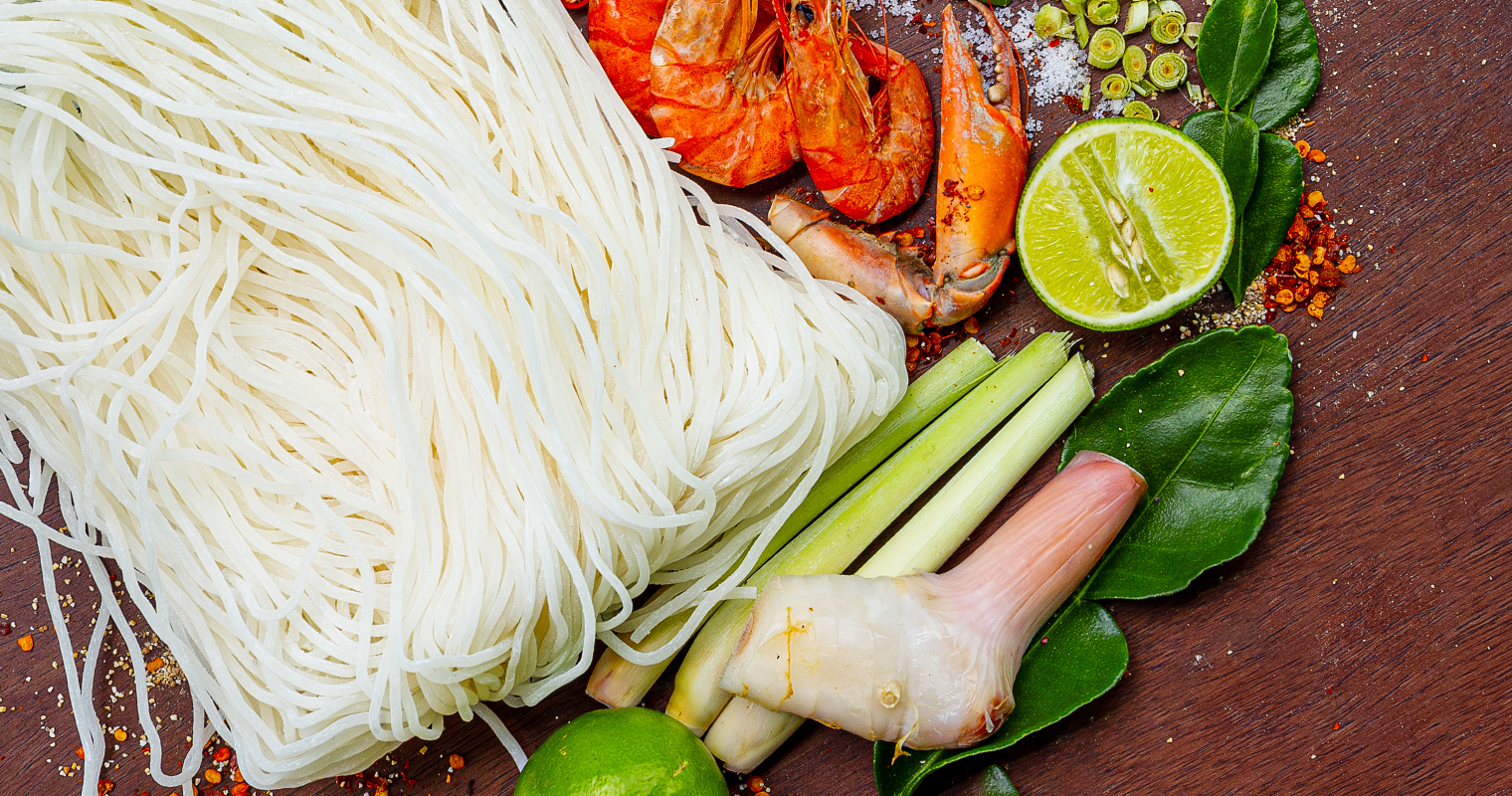
In Vietnam, mixing herbs with meat is a common practice, and lemongrass is one of the essential herbs at the dining table. It is also added to the broth of mutton and beef while cooking.
The cuisines of Southeast Asia use coconut milk extensively, and lemongrass goes well with this and other commonly used herbs and spices like ginger, lime leaves, bay leaves, coriander, black pepper, mint, and nutmeg. The herb’s popularity comes from the mildness of its fragrance, which does not overpower the senses the way lime does. The grass also spices soups and herbal teas. Lemongrass, along with black pepper, is also a remedy for menstrual pain.
Use of lemongrass essential oil
Lemongrass essential oil also holds several health benefits and is used as a natural remedy for many issues.
1. Anti-Malarial
The lemongrass essential oil has anti-malarial properties. An animal study found that it inhibits the growth of parasite that causes malaria. In fact, it was found as 86.6 percent effective in suppressing the parasite growth while the inhibition of chloroquine—medication for the treatment of malaria—was taken as 100 percent.
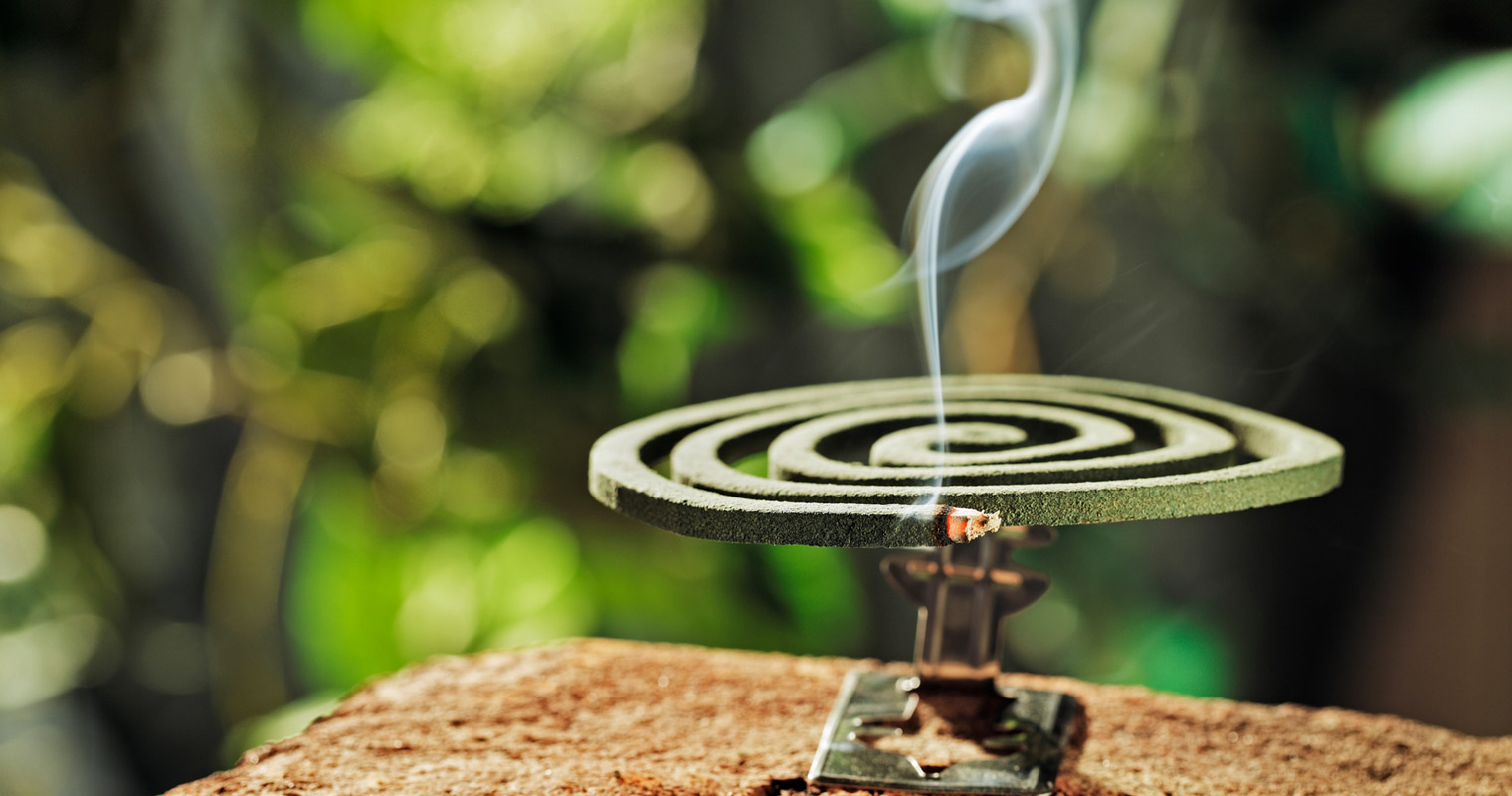
2. Helps with stomach issues
Evidence has it that lemongrass essential oil can help relieve the issues troubling stomach. One animal study found that this oil tends to improve the symptoms of stomach ulcers resulting from aspirin and ethanol damage. However, it needs mentioning here that essential oils have not been proven to be an alternative to any medicine. So, any medication should not be abandoned without prior consultation with a medical practitioner.

3. Effective for aromatherapy
Lemongrass essential oil is used in aromatherapy and is effective in dealing with stress, anxiety, indigestion, inflammation, and headache. According to aromatherapy experts, this oil can also have a positive effect on blood pressure, heart rate, breathing, immune function, acne, athlete’s foot, and muscle aches.
References
https://aminoapps.com/c/pagans-witches/page/blog/lemongrass/eYLV_Jb8c3ubDbKEvDrLgmV70KvLwVQ7Z5r
https://www.ncbi.nlm.nih.gov/pmc/articles/PMC3217679/
https://www.researchgate.net/publication/305495607_Lemongrass
http://www.ifrj.upm.edu.my/21%20(02)%202014/4%20IFRJ%2021%20(02)%202014%20043.pdf
https://www.ncbi.nlm.nih.gov/pubmed/1753786
https://www.ncbi.nlm.nih.gov/pmc/articles/PMC3217679/
https://www.ncbi.nlm.nih.gov/pubmed/26366471
https://www.researchgate.net/publication/5303933_Antifungal_activity_of_the_Lemon_grass_oil_and_citral_against_Candida_spp
https://www.ncbi.nlm.nih.gov/pubmed/22862808
https://www.ncbi.nlm.nih.gov/pmc/articles/PMC3326778/
https://www.emedicinehealth.com/lemongrass/vitamins-supplements.htm


